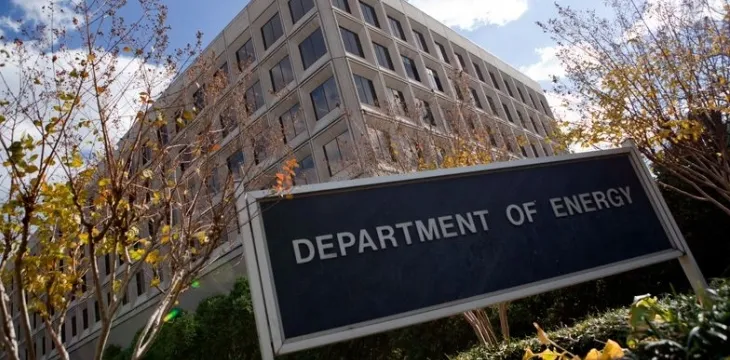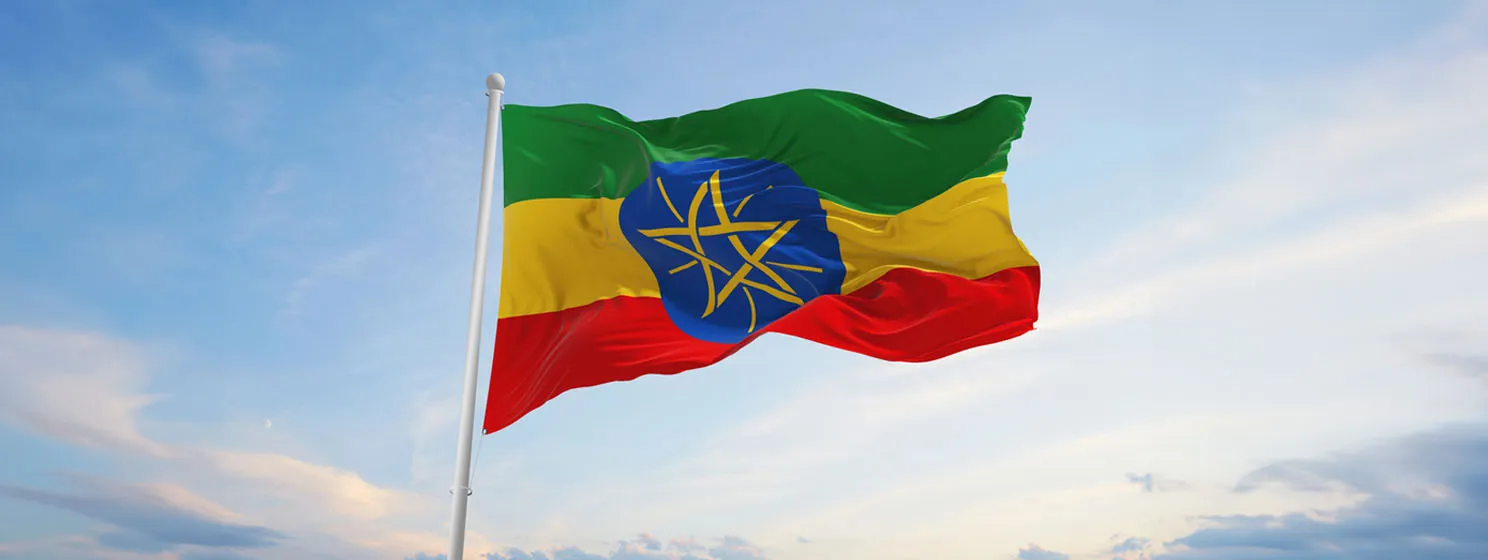|
Getting your Trinity Audio player ready...
|
The U.S. Department of Energy’s (DOE’s) Office of Fossil Energy will be allocating as much as $4.8 million for universities’ research and development projects, including the study of the use of blockchain.
In a press release, the Energy department said the grants were part of the Fossil Energy office’s ‘University Training and Research Initiative,’ aiming to help in the education and training of students who planned to be scientists and engineers.
Among the four areas of interest mentioned in the determination of studies to be sponsored, is “Cybersecure sensors for fossil power generation,” wherein emerging technologies, specifically blockchain and other decentralized, peer-to-peer internet protocols, will be studied in order to “secure process signal data and other information flows within distributed sensor networks for fossil-based power generation systems.”
The DOE is planning to choose up to 12 projects to be recipients of the $4.8 million.
The Office of Fossil Energy’s mandate is to finance research and development for the reduction of risk and cost of advanced fossil energy technologies, as well as to make for more sustainable use of fossil resources in the U.S.
Blockchain has already begun to be used in connection with sustainable energy efforts in other countries. In Singapore, the Singapore Power Group has set up a blockchain-powered marketplace for the trading of renewable energy certificates. The platform is intended not just for Singapore-based certificates, but for those from other countries and regions.
In South Korea, energy firm KEPCO is integrating blockchain technology with its next generation micro grid. It has also invested in blockchain research to better manage electricity supply, in coordination with the University of Tokyo, Mitsubishi UFJ Bank, and Nihon Unisys.
Madrid-based Acciona Energía has already begun tracing the electricity it generates with distributed ledgers, to assure clients that the energy it uses is sourced from their facilities, which contain wind and hydropower generators.

 09-03-2025
09-03-2025 





